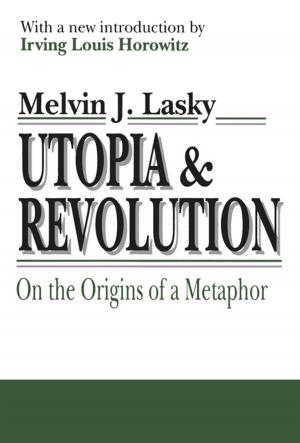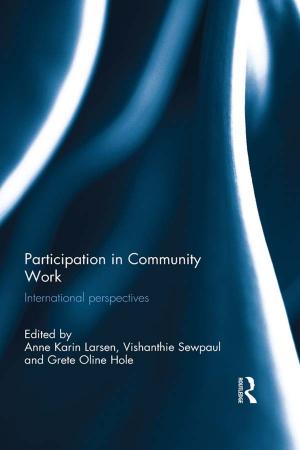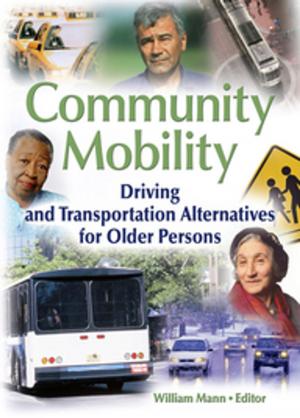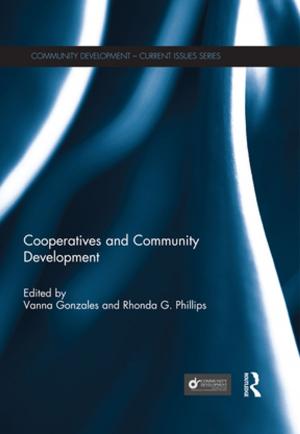More Urban Less Poor
An Introduction to Urban Development and Management
Nonfiction, Social & Cultural Studies, Political Science, Politics, Regional Planning, Art & Architecture, Architecture, Landscape, Planning| Author: | Goran Tannerfeldt, Per Ljung | ISBN: | 9781136561054 |
| Publisher: | Taylor and Francis | Publication: | May 4, 2012 |
| Imprint: | Routledge | Language: | English |
| Author: | Goran Tannerfeldt, Per Ljung |
| ISBN: | 9781136561054 |
| Publisher: | Taylor and Francis |
| Publication: | May 4, 2012 |
| Imprint: | Routledge |
| Language: | English |
A world more urban... The world is undergoing massive urbanization, and is projected to increase from three to over four billion city dwellers, mostly in the developing world, within 15 years. This historic shift is producing dramatic effects on human well-being and the environment. ...but less poor Unplanned shanty-towns without basic services are not an inevitable consequence of urbanization and slums are not explained by poverty alone. Urban misery also stems from misguided policies, inappropriate legal frameworks, dysfunctional markets, poor governance, and not least, lack of political will. Urbanization and economic development go hand-in-hand and the productivity of the urban economy can and should benefit everyone. Living conditions for the urban poor can be dramatically improved with proper solutions, backed by decisive, concerted action. More Urban - Less Poor brings order to the complex and important field of urban development in developing and transitional countries. Written in an accessible style, the book examines how cities grow, their economic development, urban poverty, housing and environmental problems. It also examines how to face these challenges through governance and management of urban growth, the finance and delivery of services, and finding a role for development cooperation. This is essential reading for development professionals, researchers, students and others working on any facet of urban development and management in our rapidly urbanizing world. Published with SIDA
A world more urban... The world is undergoing massive urbanization, and is projected to increase from three to over four billion city dwellers, mostly in the developing world, within 15 years. This historic shift is producing dramatic effects on human well-being and the environment. ...but less poor Unplanned shanty-towns without basic services are not an inevitable consequence of urbanization and slums are not explained by poverty alone. Urban misery also stems from misguided policies, inappropriate legal frameworks, dysfunctional markets, poor governance, and not least, lack of political will. Urbanization and economic development go hand-in-hand and the productivity of the urban economy can and should benefit everyone. Living conditions for the urban poor can be dramatically improved with proper solutions, backed by decisive, concerted action. More Urban - Less Poor brings order to the complex and important field of urban development in developing and transitional countries. Written in an accessible style, the book examines how cities grow, their economic development, urban poverty, housing and environmental problems. It also examines how to face these challenges through governance and management of urban growth, the finance and delivery of services, and finding a role for development cooperation. This is essential reading for development professionals, researchers, students and others working on any facet of urban development and management in our rapidly urbanizing world. Published with SIDA















